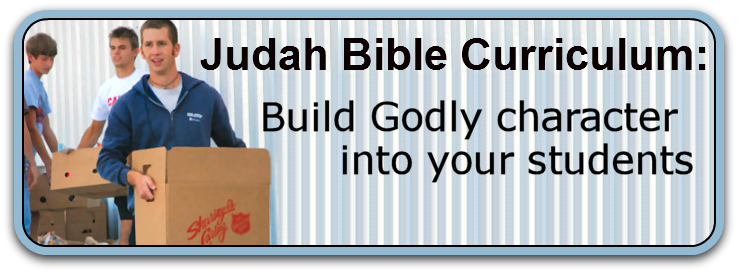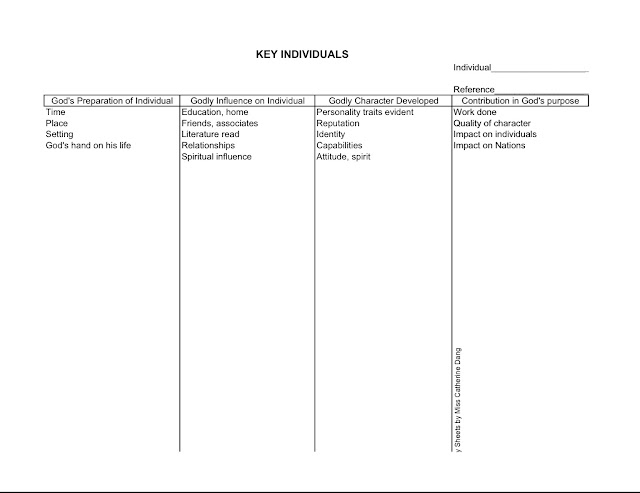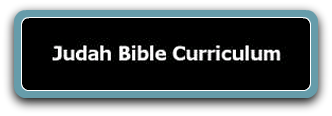“Americans need to read the Bible. Even more, they need to study it. It is the cornerstone of freedom, the foundation of idealism, and the modus operandi of abundant living.”-Billy Graham
God’s Preparation for Abel — Abel was a shepherd (we discussed what it meant to be a shepherd, what the work ethic would have been like, and we read Psalm 23 about how the Lord is our shepherd).
Godly Influence on Abel — Abel sacrificed the fat portions of the firstborn of his flock to sacrifice to God (we discussed the significance of bringing our very best before God and how Abel did that out of love and obedience).
Godly Character Development — we discussed how the above information let us have a peak at Abel’s character (we discussed the character traits of obedience, attentiveness, and industrious).
Contribution to God’s People — we ready Hebrews 11:4 (By faith Abel offered God a greater sacrifice than Cain, and through his faith he was commended as righteous, because God commended him for his offerings. And through his faith he still speaks, though he is dead.) and discussed how our lives can have an affect on future generations.





